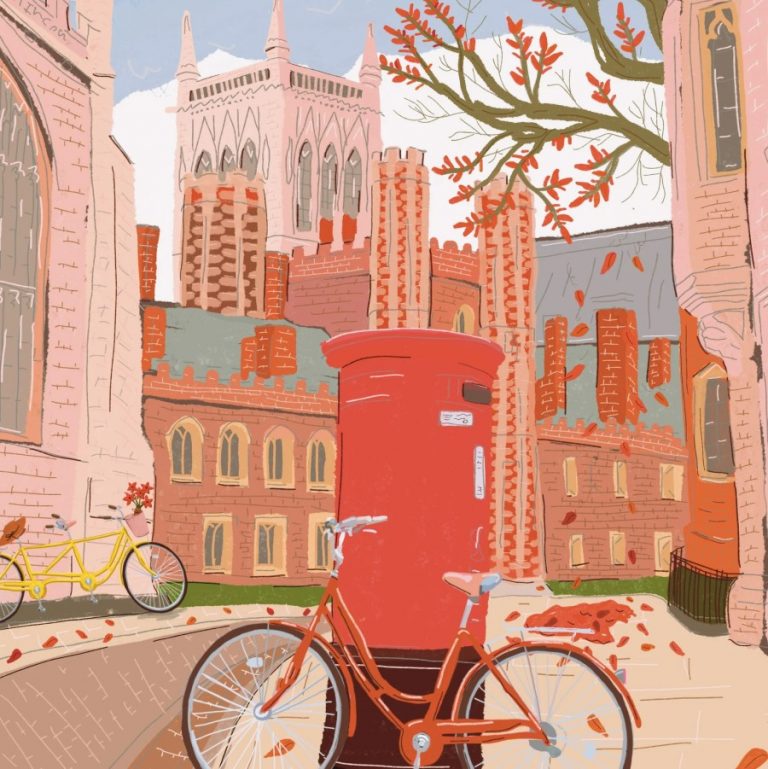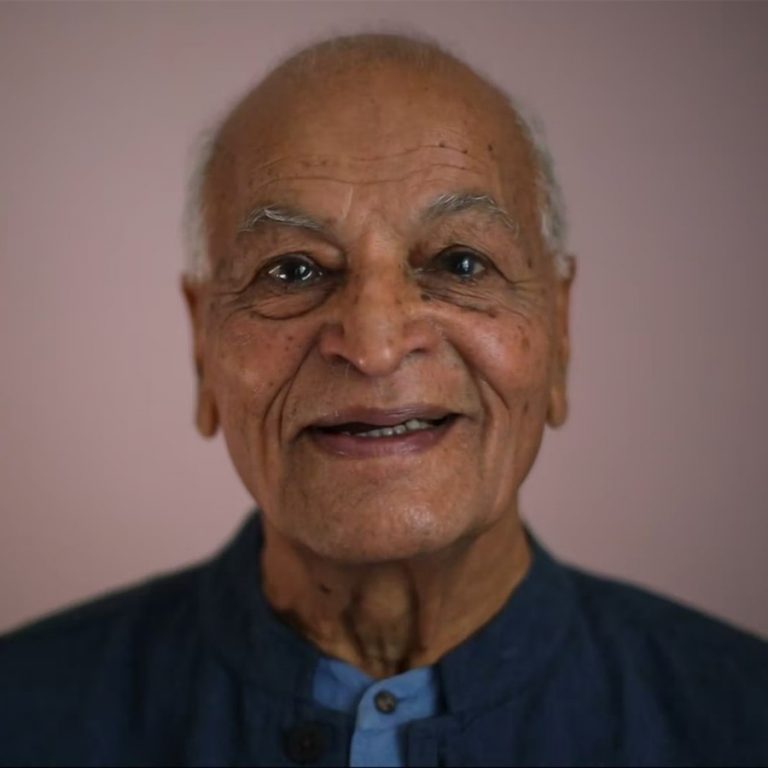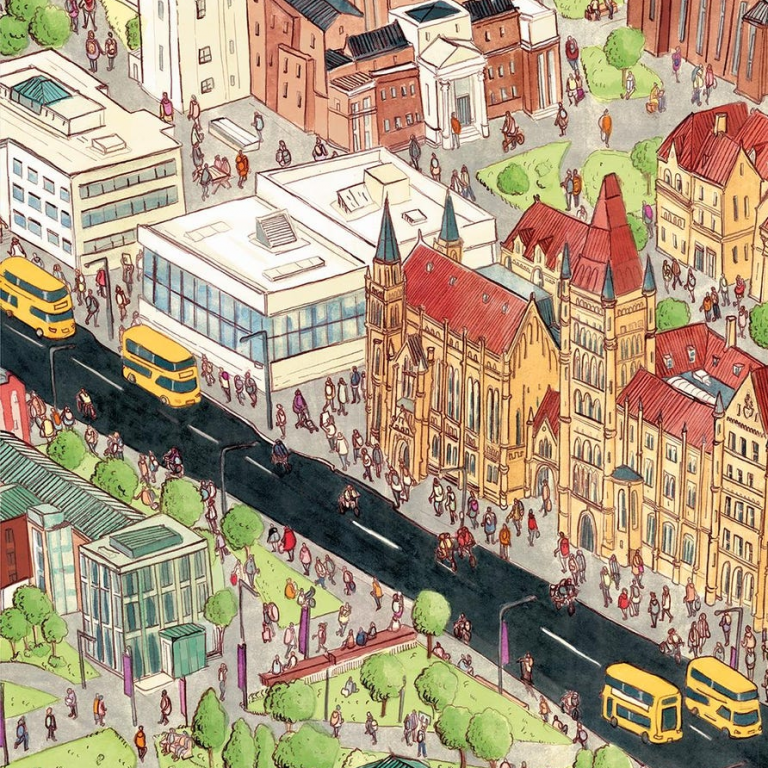
Notting Hill, Sarah Frances
Living with less waste is no longer a distant idea. It’s a real goal that many Londoners now try to reach every day. Zero waste means cutting rubbish sent to landfill as much as possible by reusing, repairing and recycling what we already have. Why does this matter in a city like London?
For starters, millions share space in a dense, busy city and rubbish piles up fast. Air and river pollution, littered streets and overfull bins remind us that the problem can’t be ignored. Adopting a zero waste lifestyle in London can protect the environment, save money and build stronger local communities. Each small action creates ripples, spreading green habits from one home to the next.
As most zero waste shops sell food, beauty, cleaning and candles:
- Read up on food safety for people and pets (it’s best to bin bin allium scraps (onion, leeks, garlic, shallots, chives) along with rhubarb, tomato and citrus scraps, as acids may harm compost creatures.
- Choose unscented beauty, cleaning and laundry products for pregnancy/nursing and near babies/pets (and read our post on candle safety).
- If growing food, read up on pet-friendly gardens and wildlife-friendly gardens (avoid facing indoor plants to gardens, to help stop birds flying into windows).
Some zero waste shops sell pet food, this is a complicated subject due to various ethics, mixed with the nutritional needs of animal companions. Read our post on quality pet food (in consultation with your vet).
A Few Good Zero Waste Shops in London
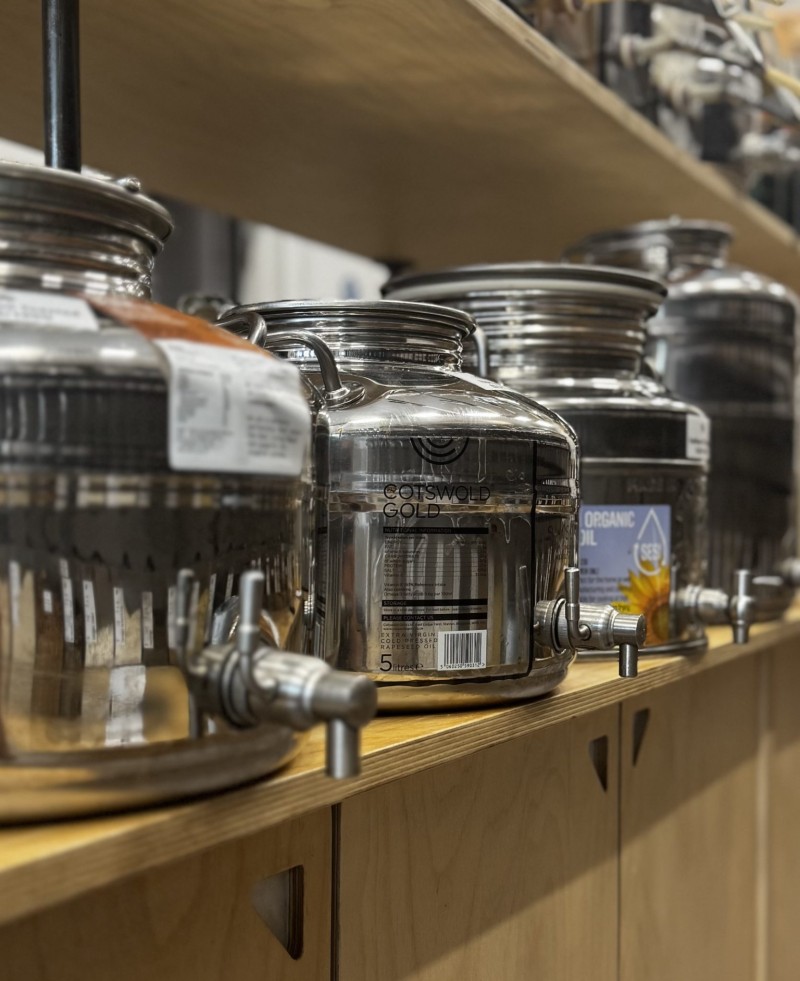
If you live nearby, pop in to say hello, and support your local indie zero waste shop!
- Art of Zero Living (Greenwich)
- Weigh and Pay (Brixton)
- Gather (Peckham/Southwark/Lewisham)
- Kilo (Holloway)
- Jar Market (Herne Hill & Stoke Newington)
Start a Zero Waste Lifestyle in London

Tower of London, Sarah Frances
Getting started with zero waste in London may seem daunting, but you don’t need to go all-in overnight. Begin with small, easy swaps in your daily routine, then build on your efforts as you learn what works. London is packed with resources that help new zero wasters succeed at every stage.
Identify Common Household Waste Sources
Before making changes, take stock of what fills your home bin each week. Most London households produce waste from:
- Food packaging (plastic wrappers, trays and bags)
- Disposable coffee cups and bottles
- Plastic shampoo and cleaning product containers
- Takeaway boxes and cutlery
- Unwanted clothes and fast fashion purchases
Set aside a week to track your rubbish. Make a note of items you throw out daily, being honest about these habits is the first step to cutting down waste.
Easy Swaps for Everyday Essentials
Small changes make a big difference. Here are simple, reusable swaps to tackle waste in daily life:
- Reusable shopping bags: Ditch single-use carriers for sturdy fabric or foldable bags. Shops like Little London Refill in Hackney or Gather in Peckham stock stylish and durable options.
- Water bottles: London has hundreds of public water fountains. Stainless steel bottles are available at shops like Planet Organic or Whole Foods.
- Coffee cups: Invest in a reusable cup; many London cafes offer a discount for bringing your own.
- Lunchboxes: Switch to stainless steel or bamboo boxes for takeaways and home-packed lunches, found at independent kitchenware shops or local markets.
By switching to these items, you save money on disposable products and reduce landfill waste.
Food Shopping and Storage the Zero Waste Way
Food shopping is one of the easiest areas to cut waste. London has a thriving scene of markets and refill shops. Here are practical tips:
- Bulk-buying: Shops like The Source Bulk Foods (Battersea, Chiswick) let you bring your own containers and buy only what you need.
- Local markets: Brixton, Borough and Broadway Markets offer unpackaged fruit, veg and bread, cutting out plastic.
- Refill stores: Locations such as BYO in Tooting and Hetu in Clapham cater to a wide range of pantry staples, cleaning products and toiletries.
- Composting: Many London flats don’t have gardens, but community composting schemes exist across Hackney, Islington and Lambeth. Get a countertop food waste bin and drop scraps at local collection points. Read more on making garden compost.
Storing food in glass jars or silicone food wraps (instead of cling film) also keeps items fresher and cuts plastic use.
Zero Waste initiatives Across London

London has a growing network of shops, charities and social groups making zero waste easier and more social. You’ll find help whether you’re a beginner or a seasoned zero waster.
Each shop encourages you to bring your own containers, making the whole experience personal and hands-on. Chatty staff are happy to share tips, and you’ll likely meet other locals on the same journey.
Community Groups and City-Led Projects
Grassroots efforts and official schemes help build a support network for anyone looking to live waste-free:
- Repair Cafés: Local workshops held across Hackney, Camden and Tower Hamlets teach skills to repair electronics, clothes and bikes.
- Zero Waste Meetups: Community groups like Zero Waste London organise regular gatherings, film nights and swap events to share resources.
- City-sponsored campaigns: Initiatives like Love Not Landfill encourage upcycling of clothes and run second-hand pop-ups throughout the year.
Many libraries and community centres also host ‘library of things’ schemes, where you can borrow tools and appliances instead of buying new ones.
Recycling and Upcycling in London
Using the city’s recycling system well helps keep waste from landfill. Make sure to:
- Rinse containers before recycling.
- Separate out food waste for council collection (most boroughs now offer this service).
- Drop off tricky items like batteries or electronics at council-run recycling centres. Certain supermarkets have soft plastic collection points.
For upcycling, explore London Recycles for details on re-use centres and creative workshops. The Restart Project connects residents to electronics repair events, making it easier to keep devices out of the bin.
Conclusion
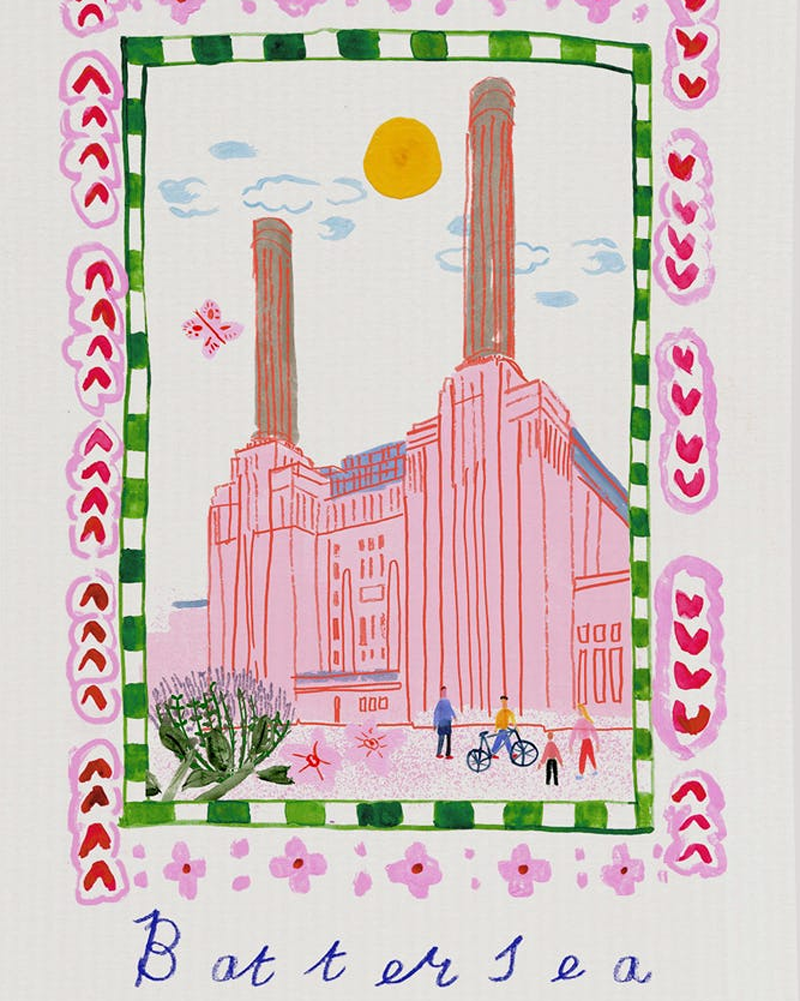
Battersea Power Station, London, Holly Francesca

St Paul’s Cathedral, London, Holly Francesca
Building a zero waste lifestyle isn’t all-or-nothing. Small swaps and better habits stack up to big change, especially in a city as lively as London. From refill shops and repair clubs to bustling markets and composting schemes, resources are everywhere. London’s diverse population and active councils make it a leading city for waste reduction.
Take the first step today. Pick one swap, visit a sustainable shop, or join a local workshop. With each action, you’re helping London become greener, cleaner and more connected. Join neighbours across the city in making waste-free living the new normal.


